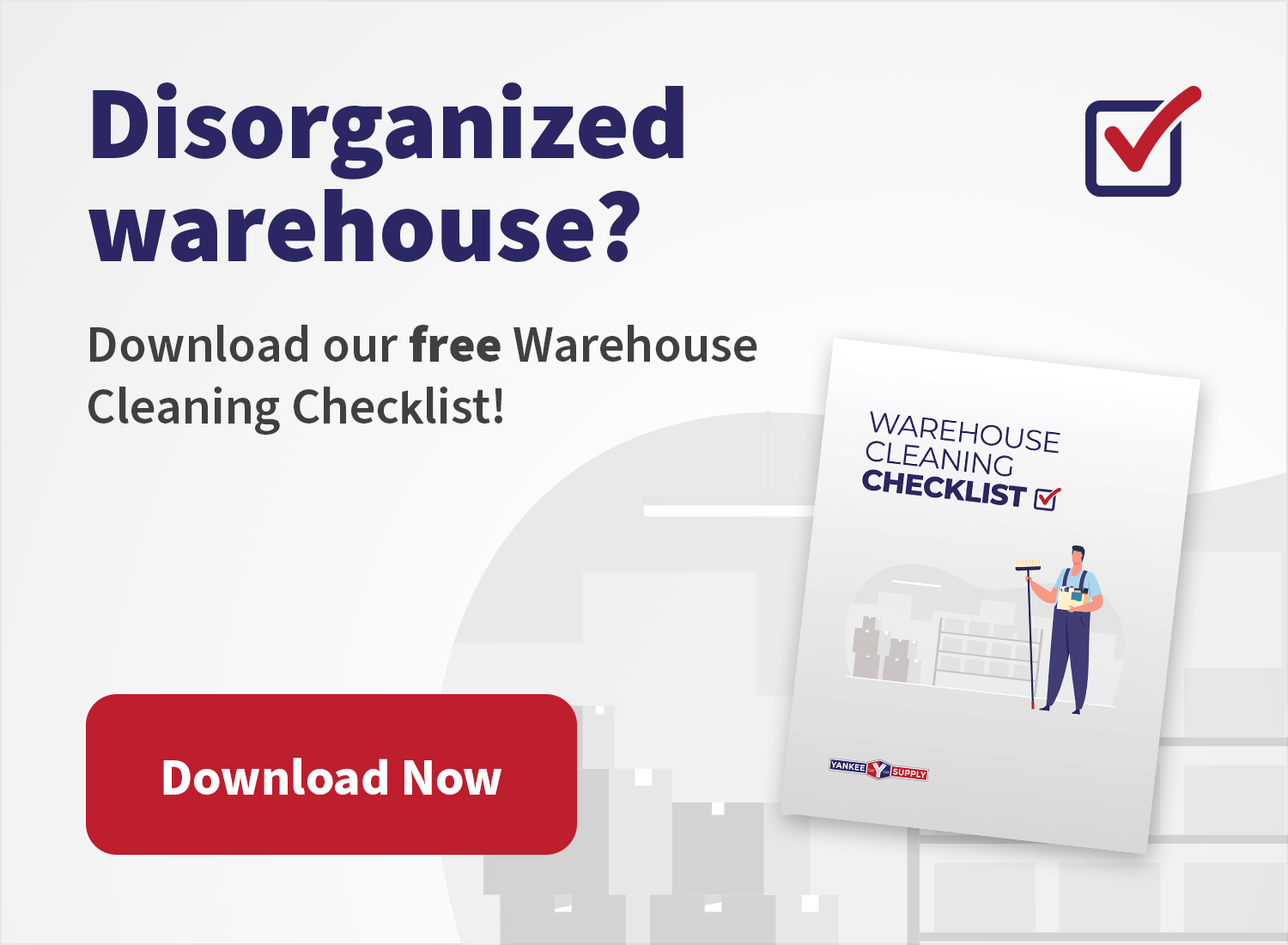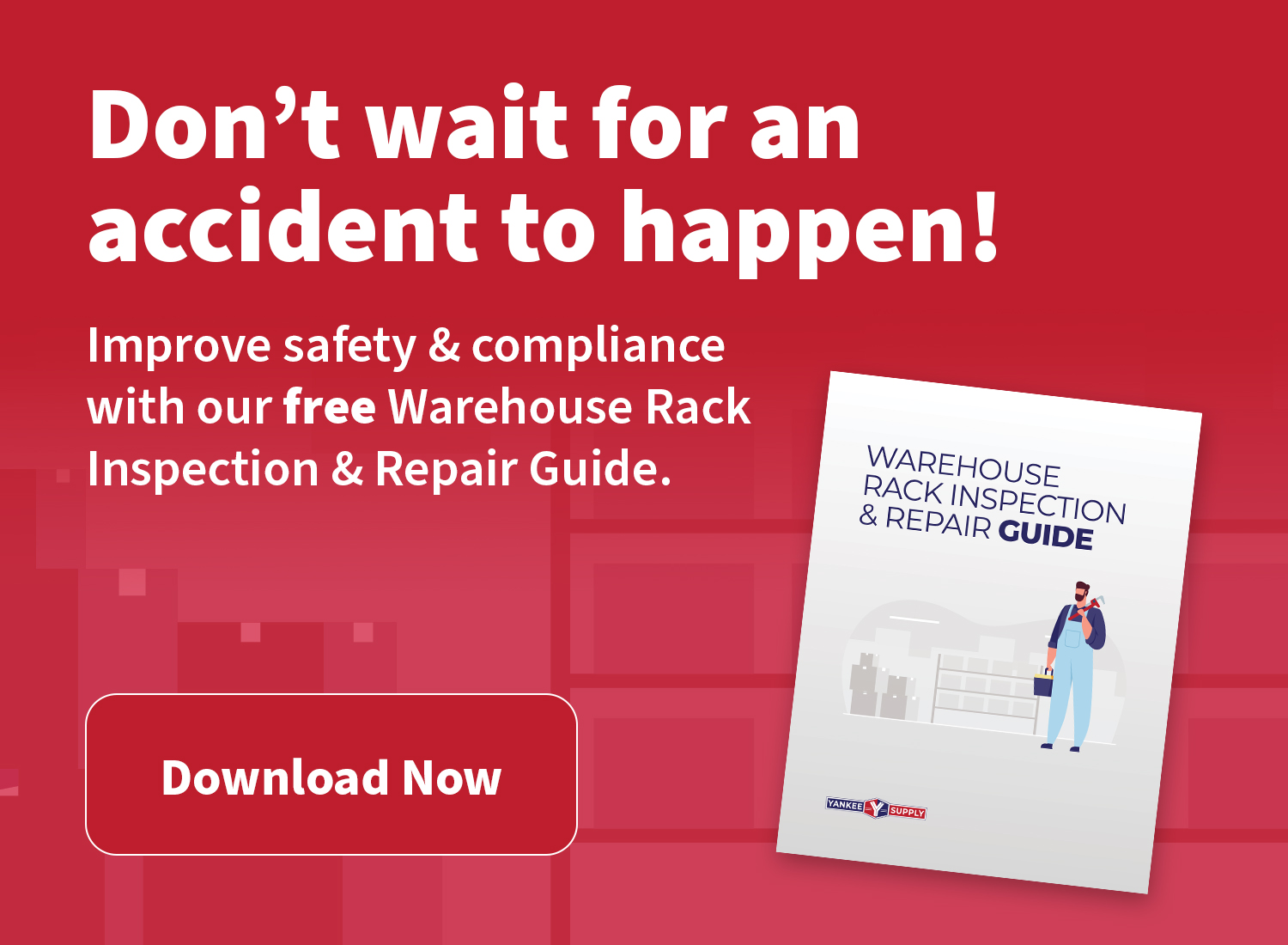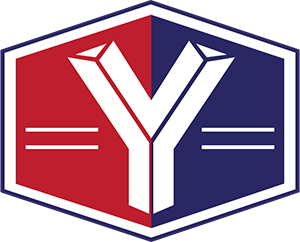Casters are essential to material handling and although they may seem simple, there are many parts of this piece. Each part will affect the mobility of whichever object they’re attached to. If you’re curious to learn more about Casters and how they function, you’ve come to the right place!
The first type of caster we’re going to talk about is a swivel caster. It features a wheel mounted to a fork(or a horn), which is mounted to a swivel join that pivots. These specific caster are able to rotate a full 360º to allow the wheel to roll in all directions. The second type is a Rigid caster. These feature a wheel that is mounted to a stationary fork (a horn) and can only roll along a straight line path.
There are a few benefits to using Caster when handling material. The first is mobility, adding them to any equipment piece will make transporting it throughout a facility in order to much easier, supporting its processing and handling. Another major benefit is ergonomics- with them facilitating motion, they are able to decrease the physical strain on the individuals navigating these hauls. The last benefit is transportation. Caster make storage and the manufacturing process much simpler, since they help to expedite the travel process of these parts throughout the facility.
Understanding Casters: The Wheels of Mobility
Wheeled tools called caster are used to make things move more smoothly. They are made up of a wheel, an axle, a mount, and other parts that dictate how they work. The range of caster on the market meets a range of needs by providing options for various loads, conditions, and terrains.
Key Components of Casters:
- Wheel Material: Caster are supplied with wheels that are composed of rubber, metal, nylon, and polyurethane. The weight capacity, the state of the floor, and the desired noise level all influence the choice of wheel material.
- Mounting Type: Rigid or swivel caster are available. With their multidirectional mobility, swivel caster provide versatility when maneuvering through confined spaces. Conversely, rigid caster offer stability but can only travel in a straight line.
- Type of Bearing: The efficiency and load capacity of caster are influenced by their bearings. Ball, roller, and precision bearings are common forms of bearings, and each has unique benefits with regard to longevity and smoothness.
- Load Capacity: Caster come with various weight capacities built in. Selecting caster that are suitable for the specified use in terms of load capacity guarantees secure and effective mobility.
Applications Across Industries:
- Industrial Settings: Caster are essential for moving heavy machinery, equipment, and commodities in factories, warehouses, and manufacturing plants. Robustly constructed heavy-duty caster perform well in these harsh conditions.
- Healthcare Facilities: Caster are frequently used in medical furniture and equipment to provide easy mobility in these environments. Caster are essential for the quick and accurate movement of medical carts, hospital beds, and diagnostic equipment.
- Retail Environments: The movement offered by caster is utilized by displays, racks, and carts in retail locations. Retail environments are more flexible and adaptable when store layouts can be readily rearranged.
- Office Furniture: Chairs, tables, and office furniture often feature caster, promoting a dynamic and flexible workspace. Office chairs with swivel caster offer employees the freedom to move effortlessly within their workstations.
Choosing the Right Casters:
- Floor Conditions: Take into account the kind of flooring in your space. Different caster designs and materials may be needed for uneven terrain, carpets, and hard floors.
- Determine the load requirements by weighing and distributing the weight of the objects the casters will hold. For lifespan and safety, use casters whose load capacity is higher than the weight that is expected.
- Determine if rigid or swivel casters are better suited for your purpose. Rigid casters offer stability, whereas swivel casters allow for mobility.
- Specialized Features: Casters with locking mechanisms, non-marking wheels, or materials resistant to corrosion may be necessary for specific purposes. Make a decision based on particular needs.
Maintenance and Best Practices:
- Frequent Inspections: Check casters for wear, damage, or debris on a regular basis. For best results, get any worn-out or damaged casters replaced right away.
- Lubrication: Use caster bearing lubricant in accordance with the manufacturer’s instructions. A properly lubricated wheel improves wheel spin smoothness and extends caster life.
- Correct Installation: To guarantee that casters work as intended, install them in accordance with the manufacturer’s instructions. Put casters firmly on furniture or other equipment to avoid mishaps or breakdowns.
Casters’ importance in facilitating simple mobility is growing as industries change and businesses require more flexibility. Casters are the unsung heroes who make the smooth movement of things possible in a variety of situations, including industrial settings and healthcare facilities. Through comprehension of the parts, uses, and upkeep procedures related to casters, companies and people alike can capitalize on the ease these little wheels offer in various settings. In the dynamic world of material handling and industrial mobility, embracing the caster world opens up new possibilities for efficiency, adaptability, and ease.
Thinking about making your material handling process more efficient with Casters? We’re here to help!
Give us a call today to get rolling.







